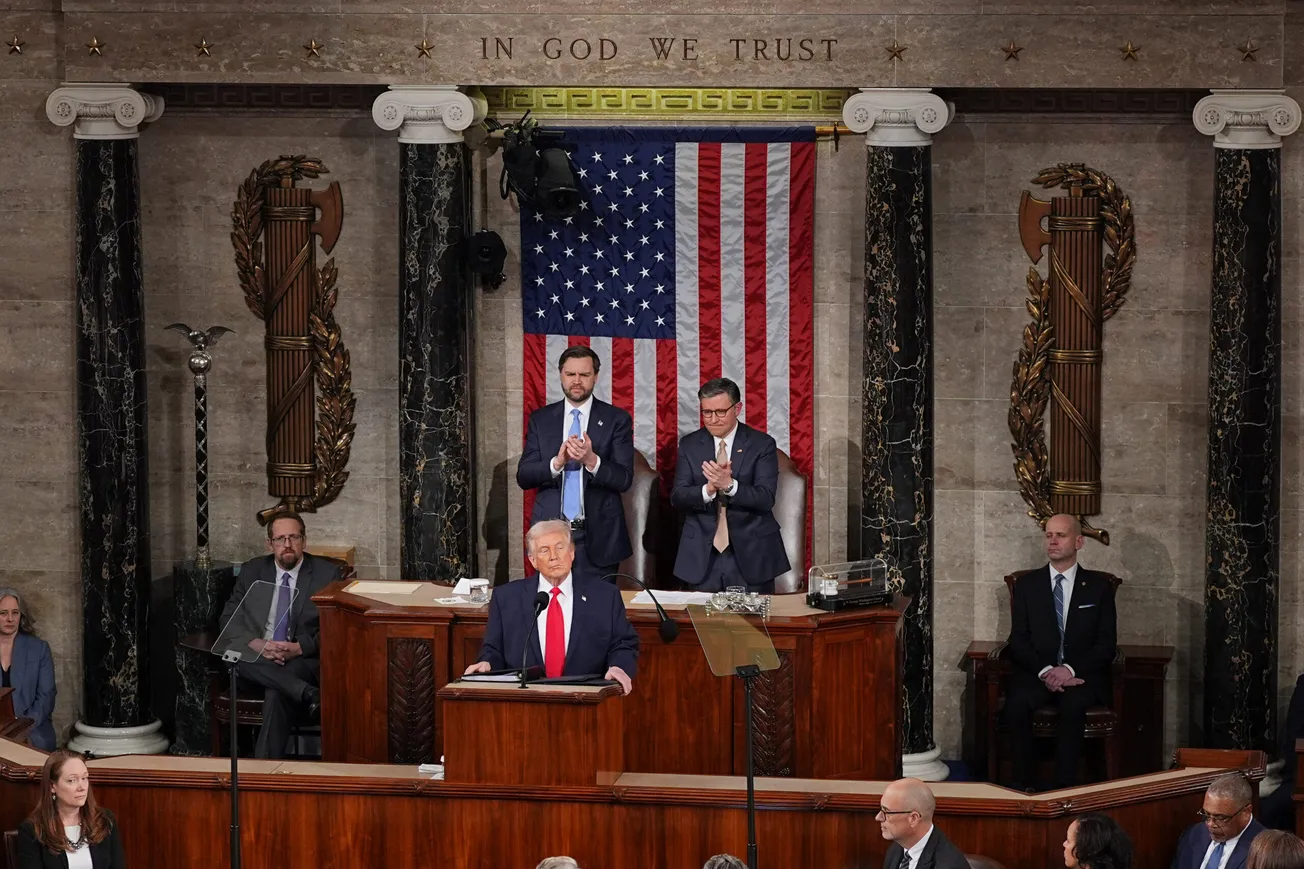Table of Contents
Trump, and what we should expect
For months, the Stanford students and liberals claimed, “letting Donald Trump anywhere near the Oval Office would be tantamount to inviting a nuclear apocalypse.” Contrary to this alarmism, however, there is nothing uniquely dangerous about Trump’s presidency – especially not to the extent many Stanford students and liberal pundits insinuate.
Trump won because he understood the level of discontent with the liberal order that has dominated the Western political landscape for the past several decades. He mobilized a populist movement, leveraging the disillusionment of swaths of Americans, and rode it to the presidency. He courted the white middle class, ignored for years by elites from both the Republican and Democratic parties, by stoking their resentment of globalization and multiculturalism.
Trump is the first person who has not held public office to be elected to the presidency since Dwight Eisenhower, the Supreme Commander of the Allied Forces in World War Two. Though derided as a “clown” and “buffoon,” Trump has clearly exploited an opportunity entirely missed by America’s political class.
It would be a mistake to take Trump literally and track his every campaign promise. By now, we should know that he’s far from an ideologue. As David E. Sanger wrote in the New York Times, “[Trump] is the ultimate pragmatist, perfectly willing to dispense with seemingly core beliefs in return for negotiating advantage. That is why many of his closest supporters have long cautioned that the most headline-grabbing proposals of his run for the presidency should not be taken literally — they are guideposts.” Obama concurred at a White House briefing shortly after his meeting with the President-elect.
Although his campaign was laden with racist, misogynistic and xenophobic rhetoric, some of the policies that Trump promised to enact are so difficult to implement as to make them impractical. As a pragmatist he is therefore unlikely to carry them out. In fact, since being elected, Trump himself has given numerous indications that he is willing to substantially alter the premises upon which his campaign was built.
As the campaign progressed, Trump’s policies slowly shifted to resemble those of other Republicans. At first, the Washington Postwrote in August that, “Trump took the hardest position on immigration — vowing to deport 11 million illegal immigrants en masse and pillorying his GOP primary rivals as favoring ‘amnesty.’” He recently began to shift towards allowing illegal immigrants to stay in the country, stating that he will be willing, “to work with [them]”. Paul Ryan corroborated by clarifying that they “are not planning on erecting a deportation force.”
Though he continues to maintain that there will be “no amnesty granted,” these views are consistent with 2016 presidential candidates Senator Marco Rubio and former Florida governor Jeb Bush.
Similarly, Trump has made an apparent reversal on the Affordable Care Act. After conferring with Obama shortly after winning the election, Trump said he would consider leaving in place certain parts of the law – an indication of compromise after a campaign in which he repeatedly pledged to repeal it.
Simultaneously, Trump’s policies on LGBT citizens have always been moderate.He invited Peter Thiel, an openly gay man, for a primetime address at the Republican National Convention where he proclaimed that he would “do everything in [his] power to protect [America’s] LGBTQ citizens.” The Log Cabin Republicans, one of the country’s most influential LGBT Republican groups, praised Trump as “perhaps the most pro-LGBT presidential nominee in the history of the Republican Party.”
Trump’s stance on “a total and complete shutdown of Muslims entering the United States” has followed a pattern of moderation. Referring to this initial position as a mere “suggestion,” Trump has modulated from the wholesale banning of a certain religion to the extreme vetting of immigrants from certain countries.
For those worried about Trump attempting to repeal the legalization of gay marriage, there is little to fear. As CNN’s Emanuella Grinberg wrote, “neither the President nor Congress can take away what the Supreme Court has deemed a ‘fundamental right,’ leaving current marriages safe, multiple legal experts said.” Though Trump will almost certainly appoint a right-of-center justice to the Supreme Court, this is no different than what any other Republican presidential candidate would have done.
From a national security standpoint, many experts feared Trump would undermine or even withdraw from NATO. This notion has stemmed largely from Trump’s forceful comments that the U.S. should refrain from bailing out its European partners when they are unwilling to pay their “fair share” for collective defense expenses. However, this demand is not wholly unprecedented.
Many US presidents, including Obama and Bush, have requested that NATO allies fulfill the spending requirement that the membership requires. Trump’s stance of rethinking America’s involvement in NATO is not a proclamation of withdrawal (Obama has announced that Trump is committed to NATO), but, instead, pressure imposed on America’s European counterpart to fulfill the spending requirement.
Although only time can tell, we can only hope that Trump will run the country in a practical manner that will minimize long term damage to America. To root for failure is not only unpatriotic, but self-defeating. Universities are the bedrock of progressive values, no matter how discomforting. As Stanford is a community that claims to celebrate the diversity of thought, we must not project hate and intolerance, but, instead, embrace this uncertain time as a moment for reflection and unity. Let us challenge our norms of intellectual safety, no matter how painful.
The instinct to blame “democracy” for what has happened portrays a misunderstanding of the rudiments of our political system. As a friend of mine said, democracy is not necessarily the guardian of liberalism and progress. It is the guarantor of the many and it fulfilled its exact purpose two days ago: the silent majority has spoken.
Photo credit: Getty Images




